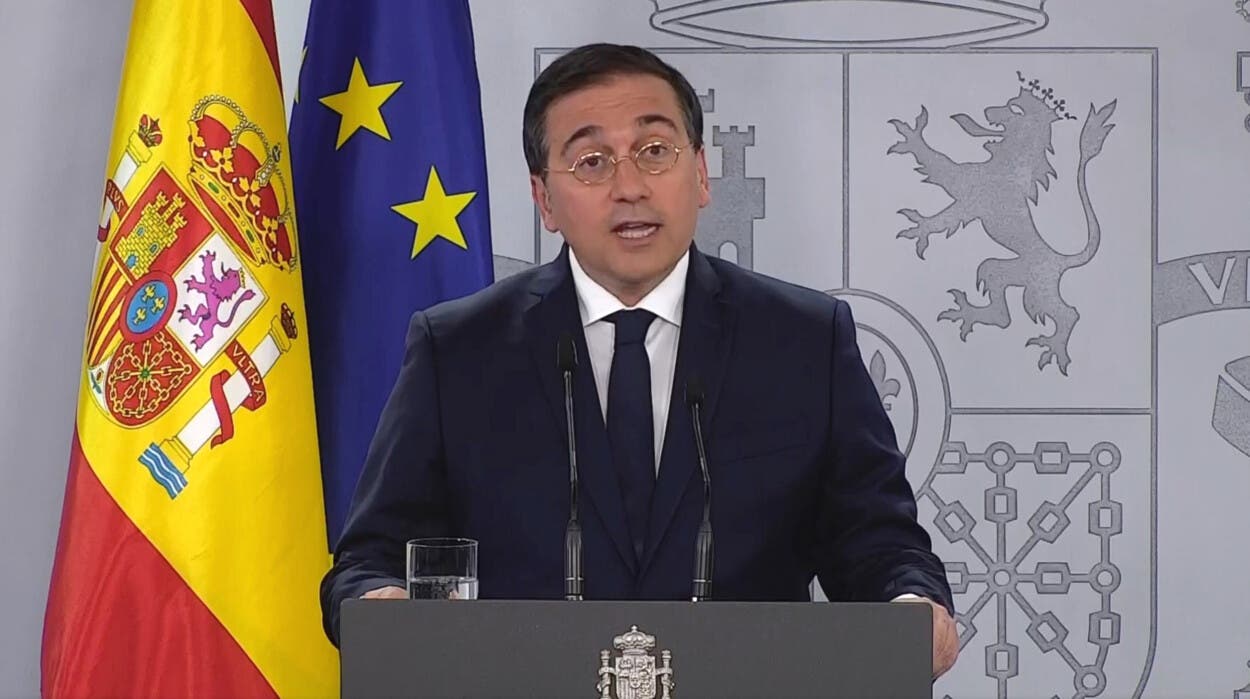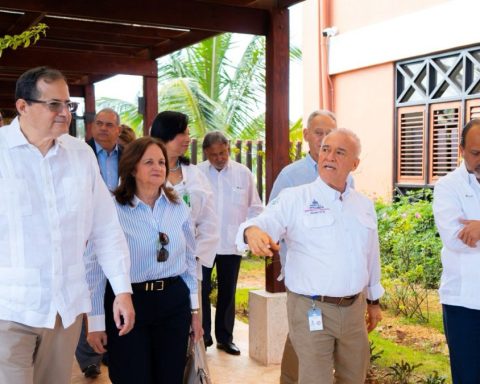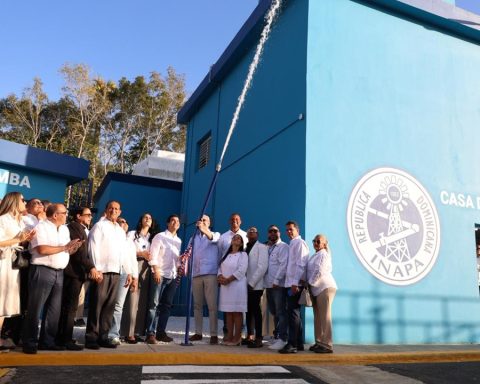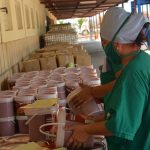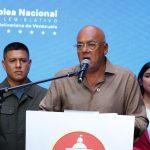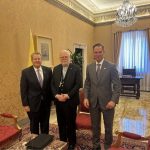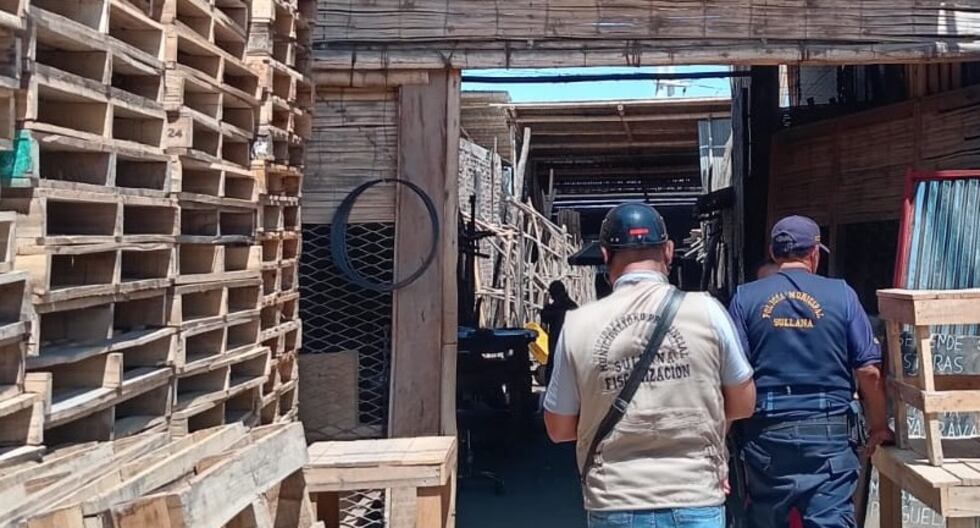Madrid.- Spanish Foreign Minister José Manuel Albares on Tuesday defended former President José Luis Rodríguez Zapatero and the role he plays “in dialogues and mediations” in Venezuela in the face of criticism from the conservative opposition.
Albares appeared before the Senate today to explain the government’s position on the Venezuelan crisis following the presidential elections of July 28, in which the opposition and the international community question the official results that give victory to Nicolás Maduro.
In response to criticism from conservatives about Zapatero’s silence after the Venezuelan elections, the minister insisted that the former president “has participated in many dialogues, many mediations and many releases of political prisoners.”
You may be interested in reading: Spain assumes the interests of the Dominican Republic in Venezuela
Zapatero is part of the Puebla Group, a political and academic forum of Latin American progressives that defends peaceful dialogue in Venezuela.
Albares called on conservatives to “support the government’s position and the work of those who speak with the Venezuelan opposition and government to try to reach an agreement among Venezuelans.”
The minister assured that, despite the criticism, the leader of the Popular Party, Alberto Núnez Feijóo, is informed of the actions that the Government is carrying out in relation to Venezuela.
During his appearance, Albares explained that, at Spain’s request, the European Union will address the issue of Venezuela at the Foreign Affairs Council to be held on 29 and 30 August.
He also noted that Spain has taken charge of the international interests of the Dominican Republic in Venezuela after Nicolás Maduro’s decision to expel Dominican diplomats from the South American country.
The Spanish foreign minister said he has been in contact with both Venezuelan Foreign Minister Yvan Gil and opposition leaders María Corina Machado and Edmundo González Urrutia.
Albares spoke with González Urrutia, who claims to be the winner of the July 28 elections based on the voting records published by the opposition, on Monday to try to promote a dialogue that will allow an end to the crisis unleashed since the last presidential elections.
Albares has also had contact with the foreign ministers of Brazil, Colombia, Mexico, Chile and Panama, as well as the Dominican Republic, to assess the situation in Venezuela.
The Caracas government has triggered a diplomatic crisis with seven countries, including the Dominican Republic, following its questioning of the transparency and fairness of the July 28 elections in which, according to the National Electoral Council (CNE), which has not published the voting records table by table, Nicolás Maduro was re-elected for a third term.
In his appearance before the Senate, Albares also insisted that, from the first day after the presidential elections in Venezuela, the government of socialist Pedro Sánchez has demanded the publication of the electoral records and transparency and has maintained a “firm and unwavering commitment to democracy and respect for human rights in Venezuela.”
